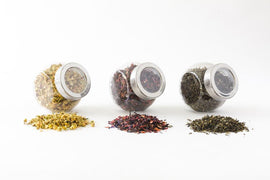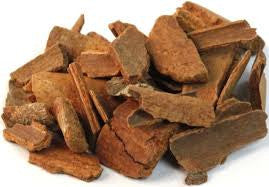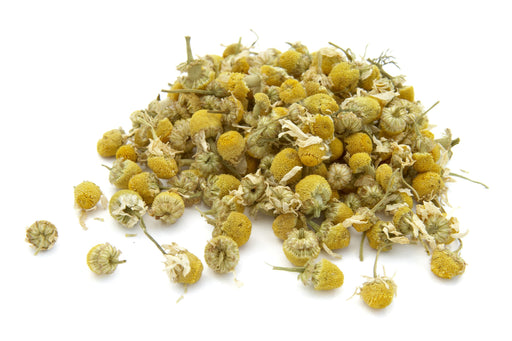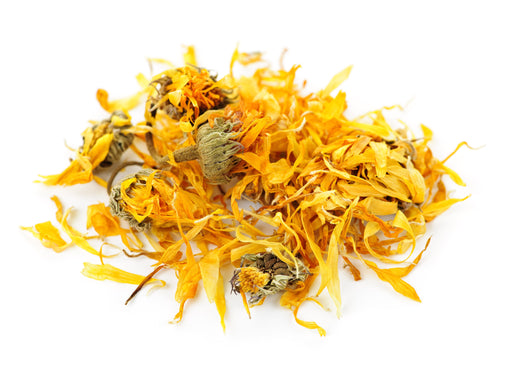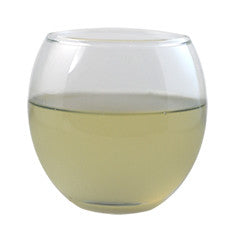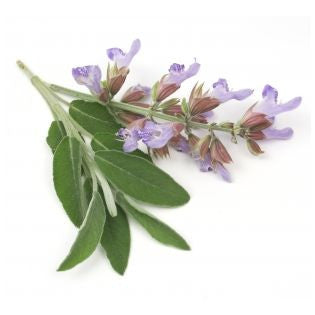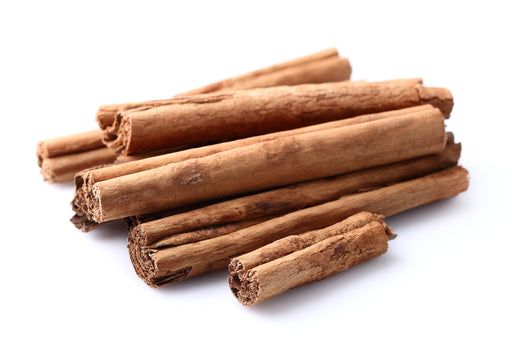Cassia Bark C/S
-
Botanical Name: Cinnamomum aromaticum
Cassia cinnamon is a plant. People use the bark and flower for medicine.
Cassia cinnamon is used for many conditions such diabetes, gas (flatulence), muscle and stomach spasms, preventing nausea and vomiting, diarrhea, infections, the common cold, and loss of appetite.
Some people use it for erectile dysfunction (ED), hernia, bed-wetting, joint conditions, menopausal symptoms, menstrual problems, and to cause abortions. Cassia cinnamon is also used for chest pain, kidney disorders, high blood pressure, cramps, cancer, and as a “blood purifier.”
Cassia cinnamon is used in suntan lotions, nasal sprays, mouthwashes, gargles, toothpaste, and as a “counterirritant” applied to the skin in liniments. A counterirritant is a substance that creates pain and swelling at the point of application with the goal of lessening pain and swelling at another location.
In food and beverages, cassia cinnamon is used as a flavoring agent.
There are a lot of different types of cinnamon. Cinnamomum verum (Ceylon cinnamon) and Cinnamomum aromaticum (Cassia cinnamon or Chinese cinnamon) are commonly used. In many cases, the cinnamon spice purchased in food stores contains a combination of these different types of cinnamon. So far, only cassia cinnamon has been shown to have any effect on blood sugar in humans.
Cassia cinnamon contains the chemical cinnamaldehyde, which might have activity against bacteria and fungi.
-
Botanical Name: Cinnamomum aromaticum
• Diabetes
• Loss of appetite
• Muscle and stomach spasms
• Gas, bloating and diarrhea
• Impotence
• Bed wetting




















































































